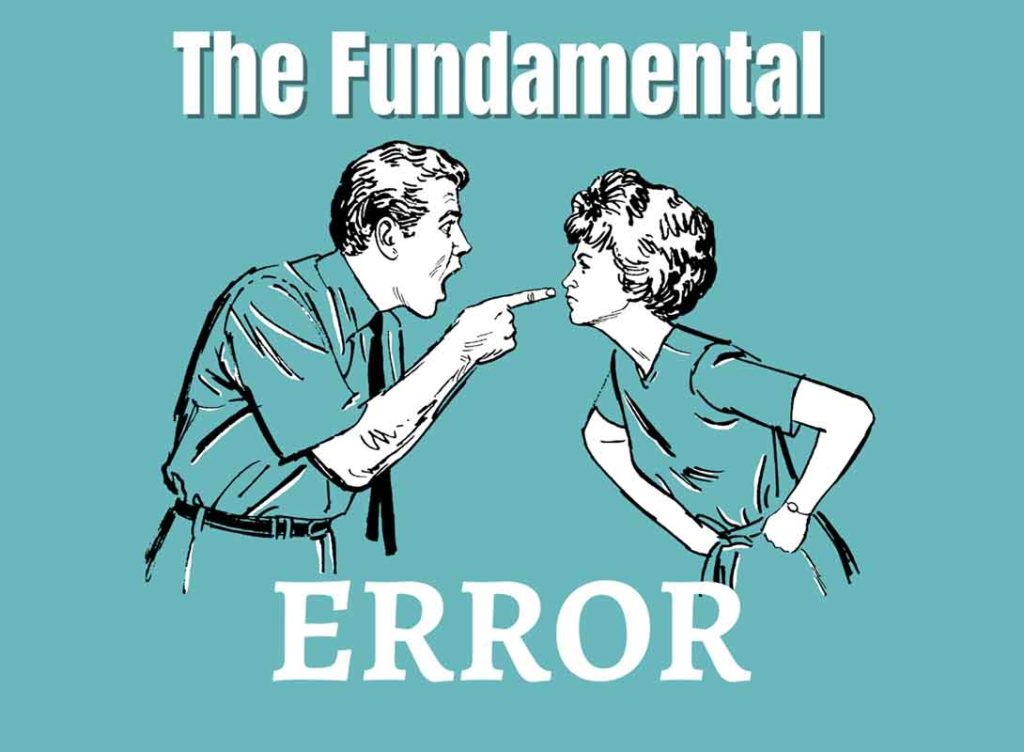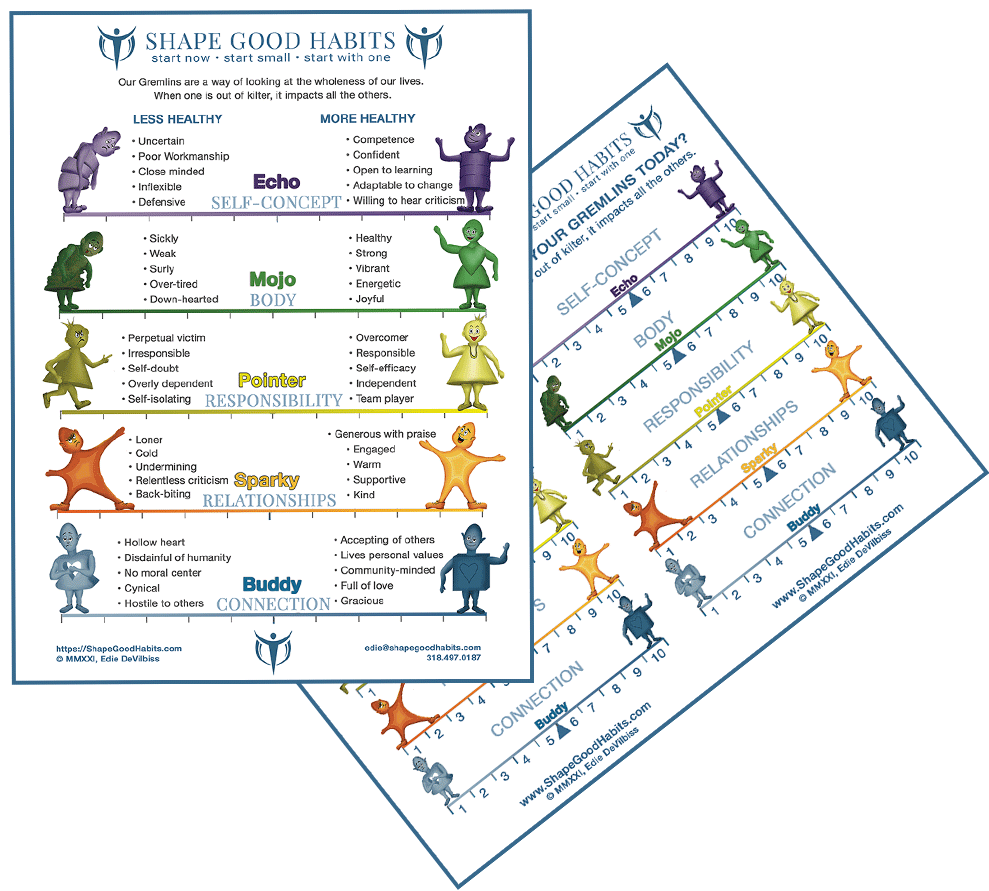“The fundamental error in interpersonal relationships is the misattribution of motive to the other’s behavior.”
This was probably the most profound sentence in my Psych 101 textbook. I wish I had kept it so I could attribute the quote. It has informed me since I read it years ago.
This sentence says that the way we get it wrong in our relationships is we decide that we know why the other person did what they did.
It's Natural
We are always trying to figure out the cause; point the finger; or decide who is the victim.
And it trips us up. When we decide we know the why of someone else’s behavior, we shut down communication.
The truth is, we don’t know why. Every single time we tell ourselves why someone does what they do, we are wrong. 100% of the time.
Admit it, you usually don’t really know why YOU do what you do.
When I began in the role of supervisor, I didn’t know about this.
When one of my employees was getting to work late, I explained it to myself as she was having problems with childcare. I knew she had two toddlers. I racked my brain trying to solve this issue for her. Meanwhile, it kept happening.
When I finally met with her, I never did find out the real reason why she was late so frequently. Instead, it became an ugly confrontation with her accusing me of interfering with her personal life.
This was not an effective strategy.
Once I grasped this principle, things changed. I no longer believed I had to puzzle out why someone did what they did.
I could let people be in charge of their own lives.
What is helpful and useful is to listen. Listen to your employee’s* explanation. Try to understand their perspective. Squelch the urge to classify their explanation as a way to deny responsibility. Or as whining.
Listen with the intent to understand.
Then, as best you can, tell them what you understand from what they said. It gives them the opportunity to clarify. Keep listening to understand until your employee says they believe you do understand.
This one practice will improve every relationship you have. Your employees will go to great lengths to make you look good when they believe you want to understand them. If they need your help in solving their problem, they will trust you enough to ask for it.
As the people who are close to you get used to you actually listening to understand, they may start listening to you. It could happen!
Wouldn’t that be amazing?!?
*Substitute co-worker, spouse, mother-in-law, teenager, or customer service rep.
Choose to listen to others!




